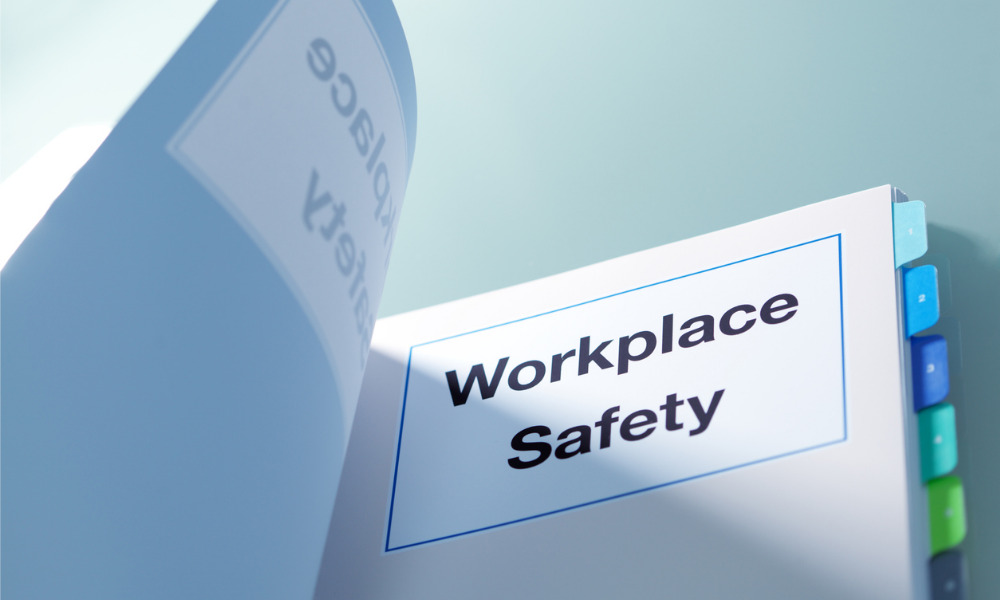
Case is said to be the first conviction since its enactment in 2017

The Office of the Work Health and Safety Prosecutor (OWHSP) of the Queensland government has recently announced an individual’s first conviction for industrial manslaughter since the offence’s enactment in 2017.
The case serves as a cautionary tale to employers when it comes to prioritising the welfare and safety of their workers as negligent conduct could lead to serious legal consequences.
The incident that led to the conviction happened in Gympie, where the employer operated a business involving repairing and maintaining electrical items, including generators.
In July 2019, a generator was delivered to the employer’s premises on a flatbed truck. The employer then used a forklift to remove the generator from the back of the truck. While moving the generator on the forklift, the generator fell from the tines and landed on another worker, resulting in his death. The worker was a friend of the employer who was onsite and had been assisting him in his efforts to move the generator.
According to a media release from the OWHSP, the prosecution alleged that the employer’s conduct was negligent because he had no licence to operate a forklift; the business operated by him did not have any documented health and safety procedures, specifically procedures concerning the use of the forklift to unload heavy equipment; he failed to make proper enquiries as to the weight of the materials; among others.
During the trial, the jury was satisfied that the employer’s conduct was negligent and caused the worker’s death.
The court noted that while the ill-fated worker had placed himself in harm’s way, that did not relieve the employer of his responsibilities.
Following a four-day trial in the Gympie District Court in March 2022, the employer was convicted and sentenced for an offence of industrial manslaughter, violating section 34C of the Work Health and Safety Act 2011. He was sentenced to five-year imprisonment with the benefit of suspension after a certain period.
The case is an important reminder to employers and HR about workplace safety compliance. It should be an employer’s highest priority to ensure that all hazardous materials and dangerous implements or equipment around its workers should be adequately handled and managed.
The case also highlights an essential obligation of employers to individuals on a short-term stay in their respective places of business. The employer could be held responsible for any injury or damage to visitors. It should be noted that complying with health protocols and regular assessment of surrounding work areas can effectively minimise an employer’s exposure to liability.